1 Percent ‘Literally Rich Beyond Measure’
Wealth hidden by tax shelters and non-responses to questionnaires is so undercounted that "correcting for similar lapses in income data almost erases progress made from 1988 to 2008 in narrowing the gap between the world’s rich and poor," Bloomberg contributor Jeanna Smialek reports that a body of research has found.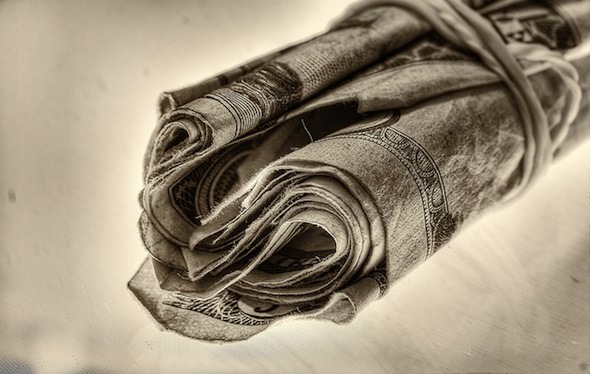
Wealth hidden by tax shelters and non-responses to questionnaires is so undercounted that “correcting for similar lapses in income data almost erases progress made from 1988 to 2008 in narrowing the gap between the world’s rich and poor,” Bloomberg contributor Jeanna Smialek reports a body of research has found.
The conclusion comes from work conducting separately by European Central Bank economist Philip Vermeulen, London School of Economics economist Gabriel Zucman and the World Bank. Smialek quotes Nobel Prize-winning economist Joseph Stiglitz as saying, “We always suspected there was some low-balling of the top 1 percent… There’s a growing sense that our system is rigged and unfair.”
Smialek writes:
Failure to get a better handle on the actual amount of wealth and income means economists and policy makers don’t have a proper understanding of the degree of disparity, which represents a hurdle in addressing it. For instance, knowing that earnings and assets are more concentrated could spur support for changing the tax structure, Zucman said.
“If you don’t have a good idea of what the world looks like, it’s hard to determine what the effects of policies will be,” said Carter Price, senior mathematician at the Center for Equitable Growth in Washington, which focuses on issues of economic inequality. “Looking retrospectively, it’s hard to assess what the effects of a policy were.”
The richest of America’s rich — the top 0.1 percent with at least $20 million in net wealth — held 23.5 percent of all U.S. wealth in 2012 after adding in estimates of how much was hidden in offshore tax havens, said Zucman, a visiting scholar at the University of California at Berkeley. That compares with his previous estimate of 21.5 percent.
Stiglitz adds that more wealth and income at the top could help explain why consumer spending has been slow to rebound since the end of the recession. Luxury retailers are doing fine, however. The Bloomberg Industries Global Luxury Goods Index, which includes companies such as Coach Inc., Hermes International and Prada Spa, has surged 254 percent since the end of the 18-month slump.
Smialek quotes 59-year-old Jeffrey Hollender, co-founder of cleaning and personal-care products company Seventh Generation Inc. and among “the wealthiest 1 percent in the U.S.,” as saying, “The more money that you have, the easier it becomes to hide that and avoid taxes.” He adds that the very rich have wealth in foundations and companies that compound the difficulty of measuring their fortunes.
Zucman’s paper found that financial wealth held offshore costs the U.S. $36 billion in annual uncollected tax revenue. Smialek writes, “That’s enough to buy lunch for every student in New York City public schools for more than a century. Europe is losing about $75 billion.”
Zucman says in the article, “There are potential implications for tax policy. If inequalities are higher than we thought, then maybe it can change views on the extent to which marginal tax rates should be increased on top incomes or the extent to which we should use other tools, like a wealth tax.”
Read more here.
— Posted by Alexander Reed Kelly
Your support matters…Independent journalism is under threat and overshadowed by heavily funded mainstream media.
You can help level the playing field. Become a member.
Your tax-deductible contribution keeps us digging beneath the headlines to give you thought-provoking, investigative reporting and analysis that unearths what's really happening- without compromise.
Give today to support our courageous, independent journalists.
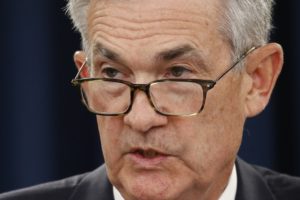

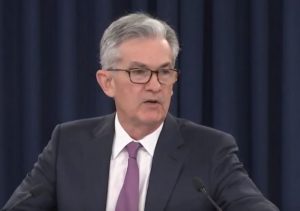

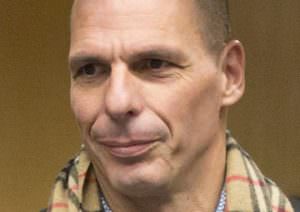
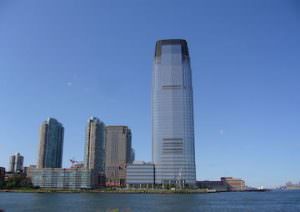
You need to be a supporter to comment.
There are currently no responses to this article.
Be the first to respond.